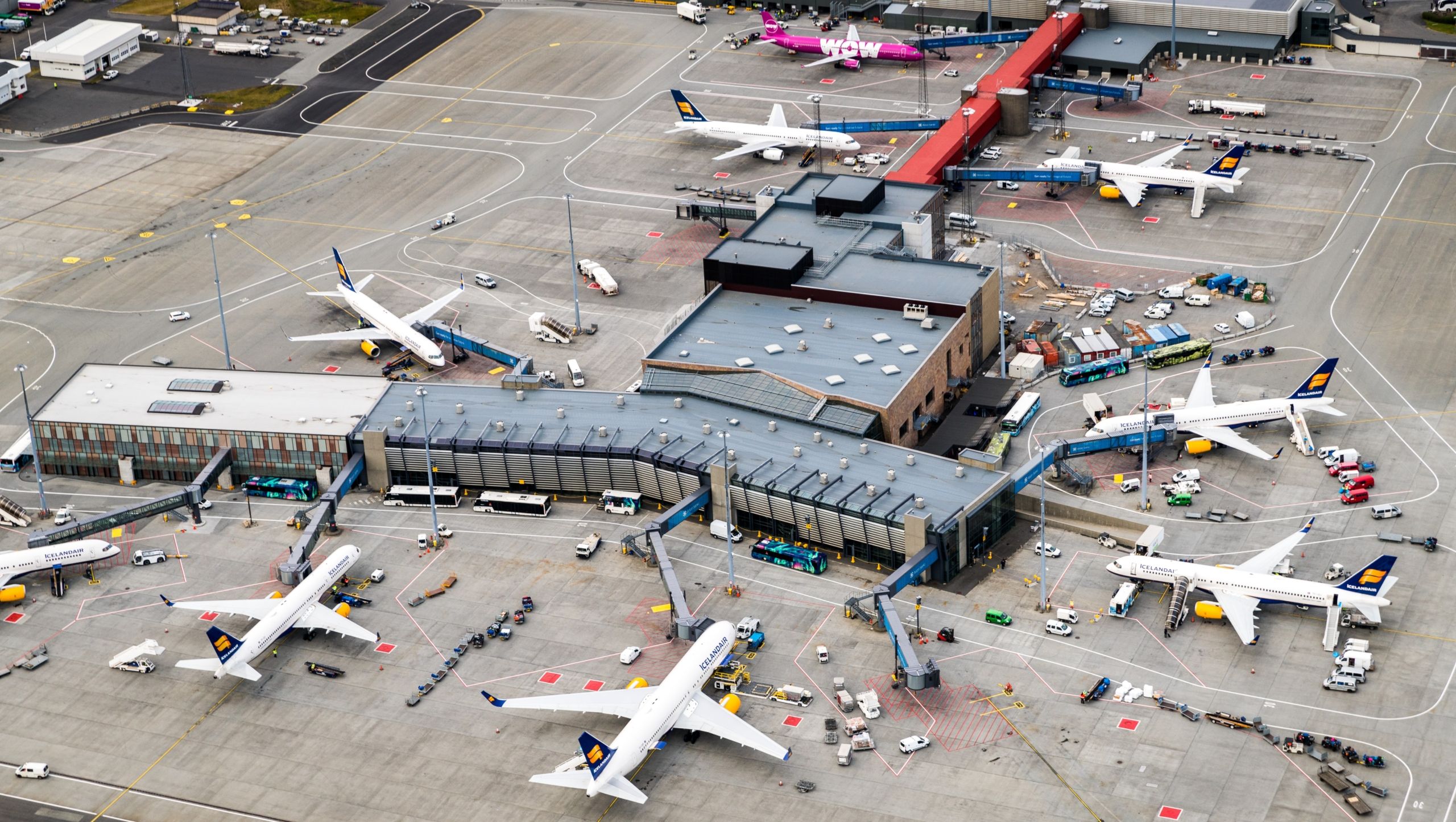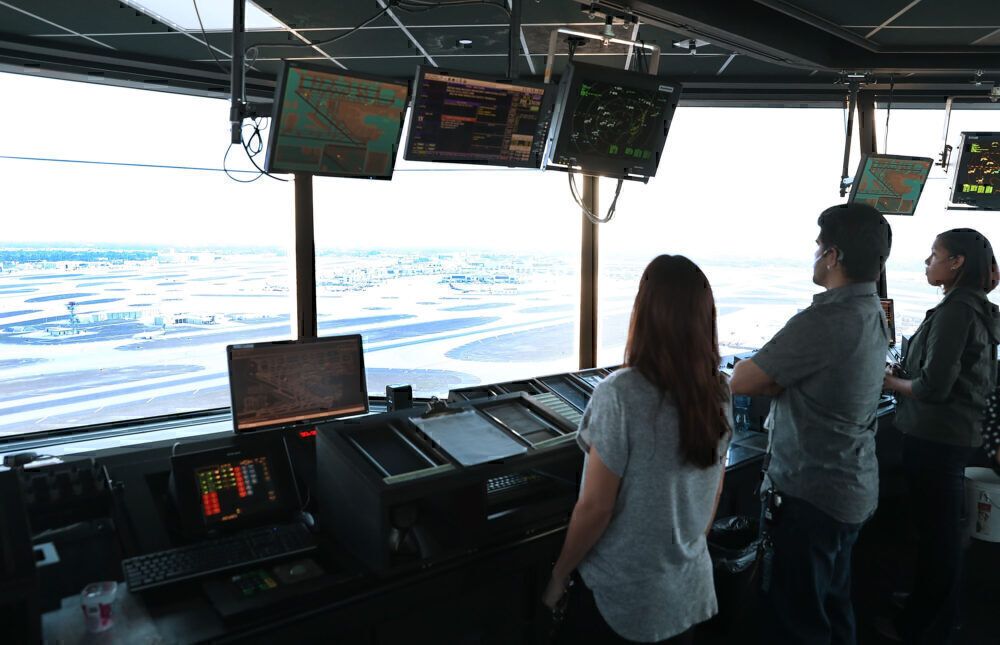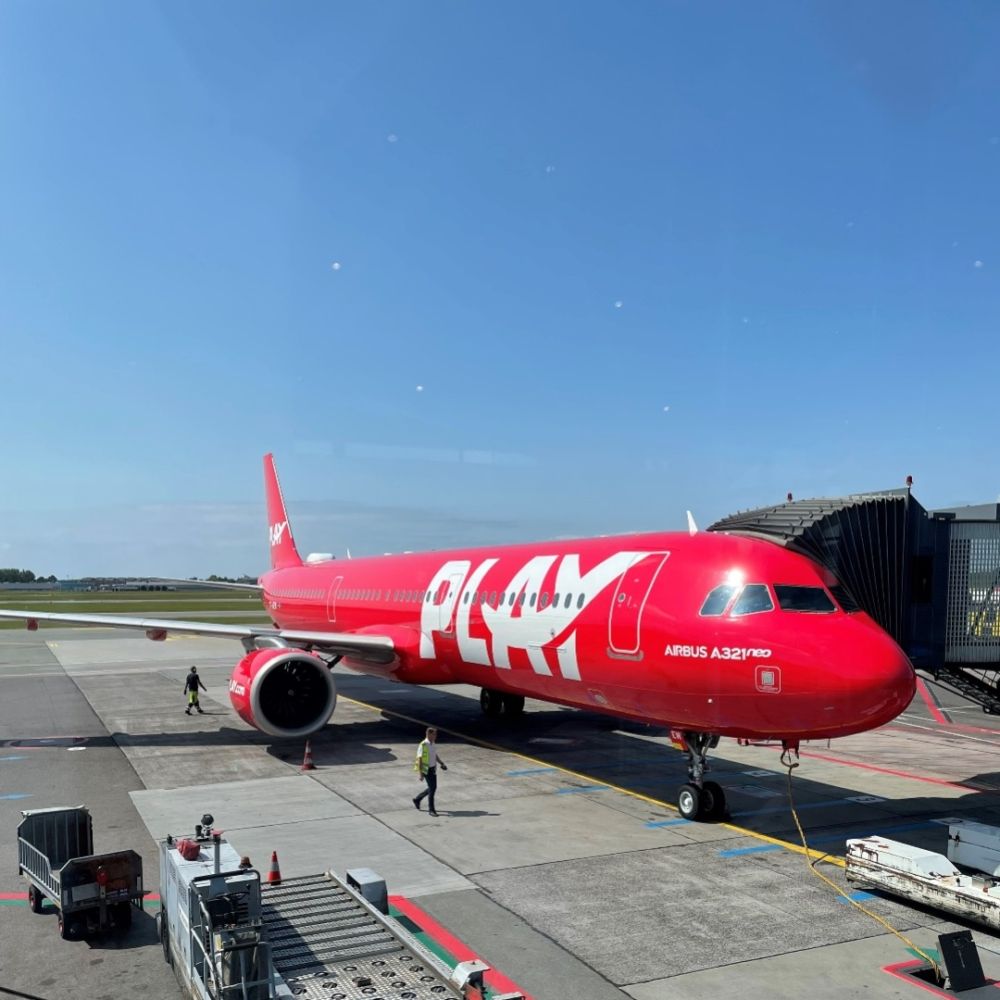A meeting yesterday between unions and airport management in Iceland didn’t end in a satisfactory resolution. As such, Air Traffic Controllers at Iceland's Keflavík Airport will go on strike next week. The planned strike action will take place on August 31st and will impact thousands of passengers.
Talks finally break down
Negotiations between the Icelandic Air Traffic Controllers Association (FÍF) and the management at Ísavia, the operators of Keflavík Airport, finally broke down at just before midnight last night. Talks had been ongoing, and the threat of six separate strike actions had been hanging over discussions for the past month.
On August 9th, members of the union agreed to take six short work stoppages due to pay concerns. So far, five actions have been postponed as talks continued.
However, after failing to reach an agreement, the sixth and final strike will go ahead next week. Arnar Hjálmsson, chairman of the Association of Icelandic Air Traffic Controllers, confirmed to local media that although the strike was not a solution, it is what union members wanted.
As such, the strike will likely only last a few hours in the morning to limit the chaos. Current reports suggest the strike will begin at 05:00 and continue until 10:00. So far, no other meeting to discuss wage issues and working hours has been called.
How much damage can the strike cause?
Although the strike action is limited, it could still be a serious headache for airlines and passengers. Ísavia employees at Iceland’s main airport will strike during the morning of August 31st. The strike includes all members who work for Ísavia, which means the control tower could effectively be out of action. This will ground almost all flights into the airport and cause problems for surrounding traffic.
The impacted airlines include Icelandair, Finnair, Delta, PLAY, KLM, Transavia, easyJet and SAS. But the strike is likely to have a much more significant impact. Although details haven’t emerged yet, the strike is could include other Ísavia Air Traffic Controllers at airports across Iceland, not just at Keflavík airport. This could impact the entirety of Icelandic airspace.
The worst time for a strike
While there is no good time to have a strike, this strike is coming at the worst time possible. The global pandemic severely impacted Icelandic aviation and tourism. Iceland initially opened up to vaccinated travelers back in April. However, after a surge in cases in May resulted in tougher restrictions, it has been a slow journey to recovery.
Iceland is still battling high COVID numbers. The US added Iceland to a list of high-risk countries on August 9th. Social distancing restrictions are due to lift on August 27th as the government hopes to boost tourism. Before COVID, the country welcomed around 2.3 million tourists every year. Last year, fewer than 500,000 people traveled to Iceland.
Speaking to local media outlet Visir, Birgir Jónsson, CEO of PLAY, said, “a strike is the last thing the tourism industry needs right now.” The impact of strikes on economic activity is enormous. A study by PWC found that Air Traffic Control strikes accounted for 24 million minutes of delay between 2010 and 2015, affecting 1.5 million passengers each year.
But the biggest loser? Airline revenues. Research suggests that airline finances take the biggest hit as they have to deal with knock-costs such as rescheduling flights and refunding passengers. With delays and cancellations of passenger flights, cargo supply is also disrupted, leading to further chaos. As Icelandic airlines try to recover from the pandemic, an ongoing issue with Air Traffic Controllers could be a major problem.
What do you think of the strike? Let us know your thoughts in the comments.



